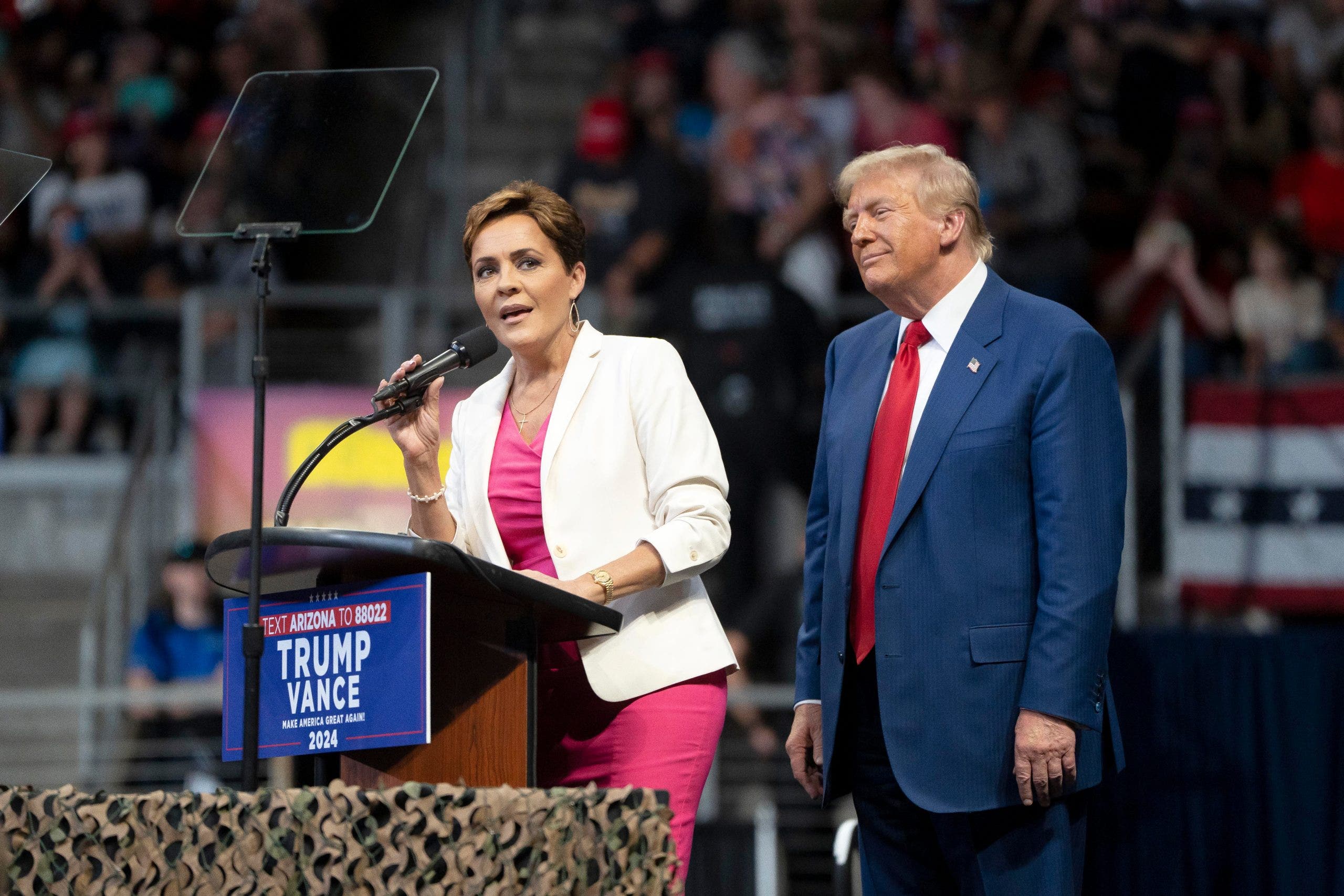Trump admin being sued over cuts to Radio Free Europe

Radio Free Europe/Radio Liberty, a news outlet established during the Cold War to reach individuals living under communism, is taking legal action against Kari Lake and the Trump administration for their attempts to defund the organization. The lawsuit, filed in a federal court in Washington D.C., highlights that the station has not received payment for a $7.5 million invoice submitted recently. The funding freeze is seen as a violation of Congress’s authority over budget allocation.
Both Radio Free Europe/Radio Liberty and the Trump administration receive government grants, with only around 1% of their funding coming from private donations and other sources. The lawsuit emphasizes that the agency must adhere to appropriation laws and the International Broadcasting Act when disbursing funds through grants. Urgent action is necessary to ensure compliance with the law.
Without funding, Radio Free Europe/Radio Liberty may have to lay off employees who provide news coverage to 23 countries in Europe and Asia in 27 languages. Stephen Capus, the President and CEO of RFE/RL, expressed concern over the potential impact on the organization’s ability to combat propaganda and censorship in countries under authoritarian rule.
The lawsuit names the U.S. Agency for Global Media (USAGM), Victor Morales (acting USAGM CEO), and Kari Lake (former television anchor and senior advisor to Morales) as defendants. The legal action follows President Trump’s executive order aimed at dismantling USAGM, raising concerns about the future of independent media outlets like Radio Free Europe.
European leaders have voiced apprehension about Radio Free Europe’s ability to secure alternative funding to offset the cuts imposed by the Trump administration. Czech Foreign Minister Jan Lipavsky and EU foreign policy chief Kaja Kallas emphasized the importance of Radio Free Europe as a beacon of democracy and expressed disappointment over the funding cuts.
Radio Free Europe/Radio Liberty began broadcasting in 1950 to countries behind the Iron Curtain, providing alternative news sources to counter government-controlled media in communist regimes. The organization’s legacy of promoting freedom of information and democracy remains crucial in the face of increasing threats to press freedom worldwide.




